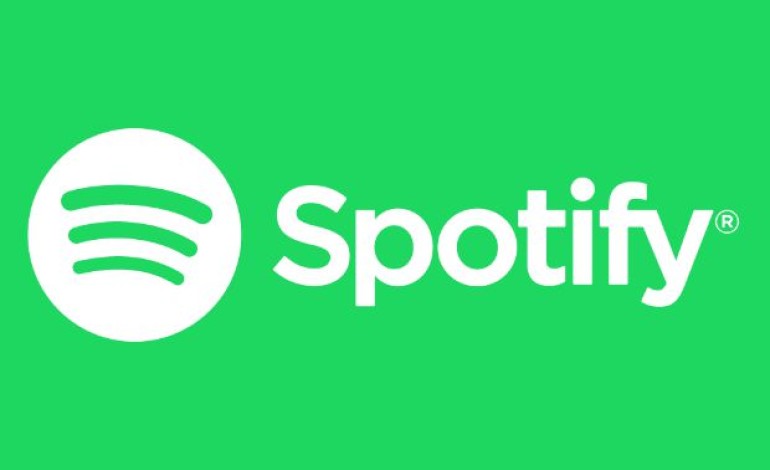
Streaming services earn over 15.5bn, but songwriters only receive as little as 0.003p per stream. That’s the big controversy in the modern music industry, where labels and streaming platforms are accused of earning from artists’ productions while leaving those same artists out of the deal.
According to the International Federation of the Phonographic Industry (IFPI), global recorded music grew by 7.4% in 2020 – the sixth consecutive year of growth. In the UK, revenues from online services grew by 15.4%, representing a total revenue of £736 mn. These big numbers could lead us to think that songwriters and performers are being remunerated fairly, but unfortunately, that is not the case. Artists receive very close to 0.003p per stream and feel they are being left out of the big chunk of revenue that labels and streaming services get from deals and subscriptions. In fact, the earnings of these entities seem to be 4 times higher than the artists’ share, according to the #BrokenRecord campaign.
That is why, on the 22nd of March 2021, the UK saw the last hearing around this pressing worldwide matter. The committee of MPs dealing with this issue seems to be leaning towards the #BrokenRecord campaign: artists are struggling, labels – especially majors – are monopolising the market, and an equal remuneration is needed. Ministers have so far prioritised the comeback of live gigs (being the first stream of income for artists), a fairer and easier copyright process, and the increasing competitiveness of the market.
Government officials have expressed the importance of streaming platforms in the modern music market. It is true that emerging artists can work their way into the business without signing to a major – or any label at all. But an important distinction has to be made between performers, songwriters and session musicians (both established and emerging), because, although having different roles, they should be protected in the same way. It is a long way to the top, but the sole fact that these issues are being discussed in a music hub such as the UK is already half the battle.
